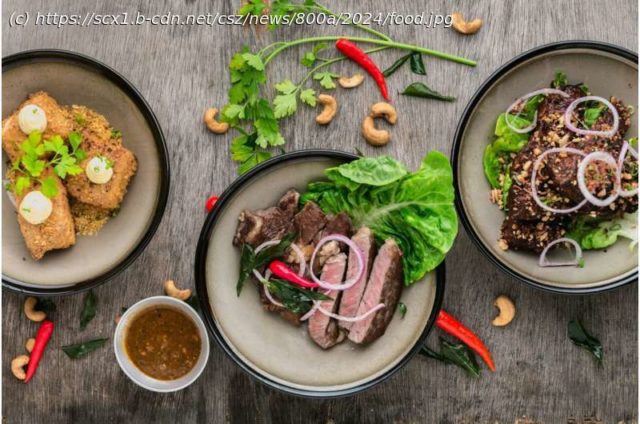When people travel, they aren’t just looking for historic sights—they’re also looking for new flavors that captivate and connect them to the place they’re visiting.
When people travel, they aren’t just looking for historic sights—they’re also looking for new flavors that captivate and connect them to the place they’re visiting.
In Québec, for example, it’s poutine. The comfort food mix of crispy fries, squeaky cheese curds and rich brown gravy was first served in 1950s-era rural snack bars before becoming a national symbol.
In Spain, paella—a saffron-infused rice dish brimming with seafood, chicken and vegetables and born in Valencia’s farmlands as a shared workers‘ meal—is a must-have.
In Japan, ramen—steaming bowls of wheat noodles in a fragrant broth layered with soy, miso or pork bones—tells the story of post-Second World War solace and culinary innovation.
But beyond the flavors of food, can gastronomy become a language of identity and cultural diplomacy? That question is at the heart of Canada’s growing culinary movement.
Across Canada, food is fast becoming a marker of identity and regional pride. From the Okanagan Valley vineyards to Québec’s sugar shacks, cuisine is emerging as a language that defines who Canadians are—and how the world perceives them.
This movement is gaining traction as Kelowna, British Columbia recently accepted the invitation to apply for the designation of UNESCO City of Gastronomy— a title that celebrates places where food culture drives creativity, sustainability and community.
Created in 2004, UNESCO’s Creative Cities Network recognizes and honors cities where food culture drives innovation and community well-being. Today, 57 cities hold the designation, from Parma, Italy and Chengdu, China, to Tucson, Arizona, in the United States.
Canada has yet to join their ranks, which is why Kelowna’s candidacy matters: it would be the country’s first City of Gastronomy, reflecting its mix of Indigenous heritage, wine culture and farm-to-table creativity.
Start
United States
USA — IT How gastronomy tourism evolved into international identity and cultural diplomacy






